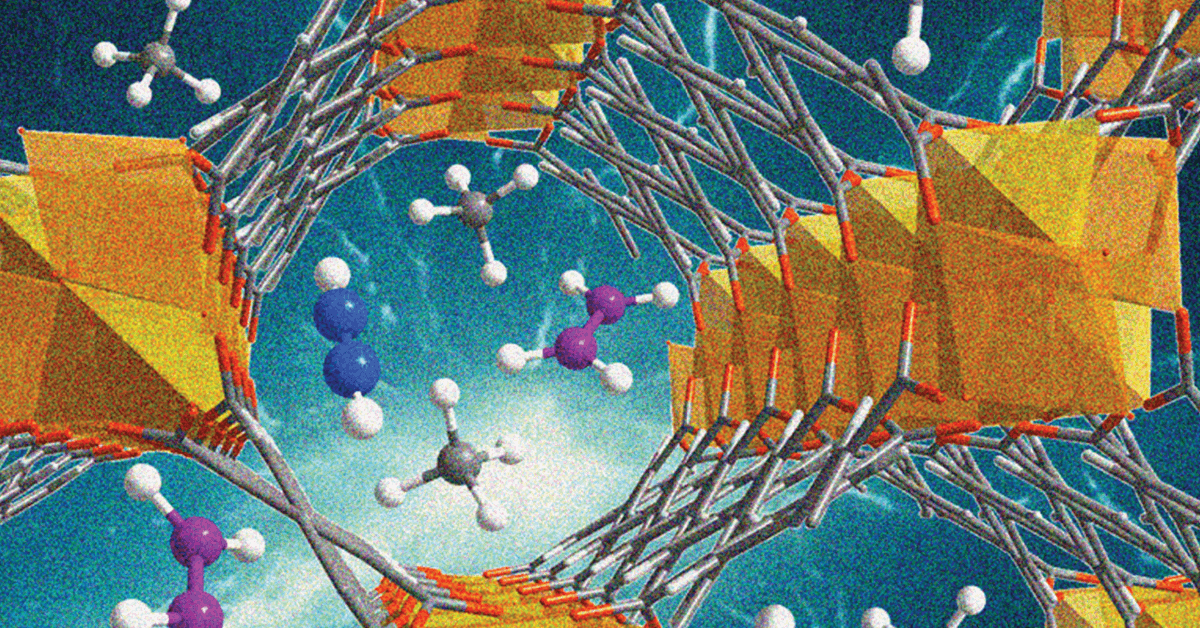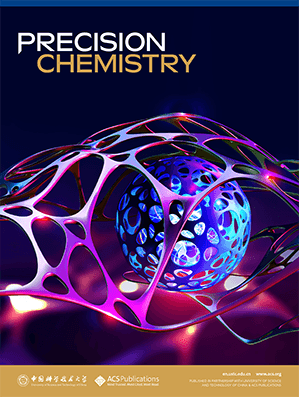This Special Issue will feature invited contributions from distinguished experts and emerging researchers, along with original research articles spanning all aspects of precision chemistry in the context of MOFs. Submit your manuscript by June 30, 2026.

Metal–Organic Frameworks (MOFs) have emerged as a revolutionary class of crystalline porous materials, composed of metal ions or clusters coordinated with organic linkers. Recognized with the 2025 Nobel Prize for their transformative potential, MOFs have unparalleled tunability in pore size, shape, and chemical functionality, along with their exceptionally high surface area, which has positioned them at the forefront of research in chemistry, materials science, and a variety of cutting-edge applications. The rational design and precise synthesis of MOFs with tailored properties remain a central challenge and present a tremendous opportunity to expand the potential of these remarkable materials.
Achieving atomic-level precision in the synthesis and post-synthetic modification of MOFs allows for the systematic control of their structure, porosity, defect density, and chemical environment. This level of precision chemistry is crucial for advancing MOFs as versatile platforms for catalysis, gas storage and separation, sensing, drug delivery, optoelectronics, and beyond. Furthermore, the ability to create hierarchical structures, heterostructures, and functional interfaces within MOFs opens new avenues for the development of innovative, multifunctional materials.
This Special Issue of Precision Chemistry will feature invited contributions from distinguished experts and emerging researchers, along with original research articles spanning all aspects of precision chemistry in the context of MOFs. We especially encourage submissions that showcase innovative strategies in precision chemistry for MOF development, including:
- Molecular-level rational engineering of MOFs;
- Advanced design strategies for targeted functionality;
- Controlled synthesis techniques for structural precision;
- Customized functionalization to address challenges in energy, environmental science, and healthcare.
Organizing Editors
Prof. Jian He, Guest Editor
The University of Hong Kong, China
Prof. Hai-Long Jiang, Guest Editor
University of Science and Technology of China, China
Prof. Stefan Kaskel, Guest Editor
Technische Universität Dresden, Germany
Prof. Jinlong Yang, Editor-in-Chief, Precision Chemistry
University of Science and Technology of China, China
Submission Information
Manuscripts accepted for inclusion in this Special Issue will be highlighted as a significant contribution to this expanding field. If accepted, publications will go online as soon as possible with a DOI, and will be published in one of the next available issues. Publications on this topic will be assembled into a Special Issue and widely promoted.
Submissions are welcome through June 30, 2026. All articles will be peer reviewed prior to acceptance to ensure they fit the scope of the Special Issue and meet the high scientific publishing standards of Precision Chemistry. The peer review process for all papers will be managed by the journal editors to ensure rigor is maintained. Please see our Author Guidelines for more information on submission requirements.
Precision Chemistry is an open access journal. The Article Publishing Charges are waived for the submissions before December 31, 2025.
How to Submit
- Log in to the ACS Publishing Center.
- Select the "Journals" tab.
- Choose Precision Chemistry.
- Click "Submit."
- Select your manuscript type, and, under "Special Issue Selection," choose “Precision Chemistry for Metal–Organic Frameworks (MOFs)."
Please see our Author Guidelines for more information on submission requirements. The deadline for submissions is June 30, 2026.
